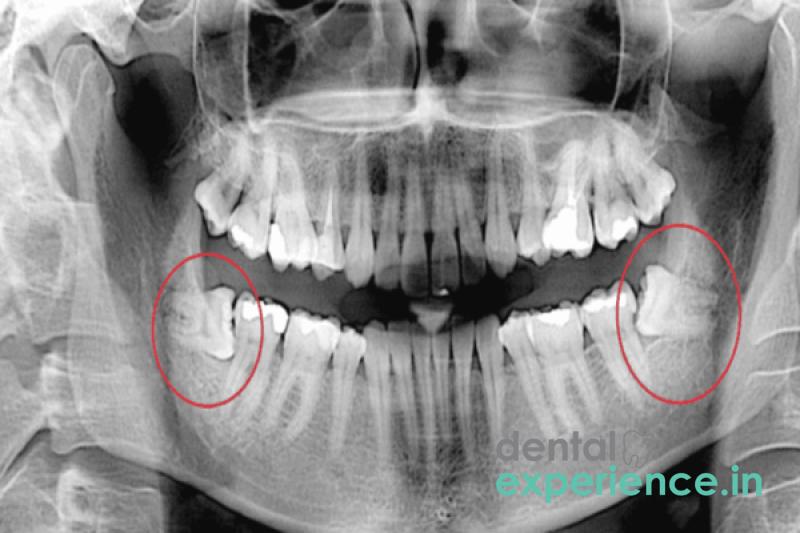You may have had a dental crown fitted in the past but what you may not know is whatever material they are made fr ..
Wisdom Tooth Extraction
Introduction | Purpose | Ideal Patients | Types | Treatment Steps | Benefits | Advantages | Durability | Treatment Time | Cost | Risk & Complications | Disadvantages | Alternatives | Aftercare |
Fast facts

4000-12000
Treatment Longevity :
Long-term
Treatment Duration : 45 minutes
Wisdom tooth extraction is a surgical procedure to remove one or more wisdom teeth — the four permanent adult teeth located at the back corners of your mouth on the top and bottom.
If a wisdom tooth doesn't have room to grow (impacted wisdom tooth), resulting in pain, infection or other dental problems, you'll likely need to have it pulled. Wisdom tooth extraction may be done by a dentist or an oral surgeon.
To prevent potential future problems, some dentists and oral surgeons recommend wisdom tooth extraction even if impacted teeth aren't currently causing problems.
